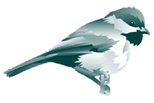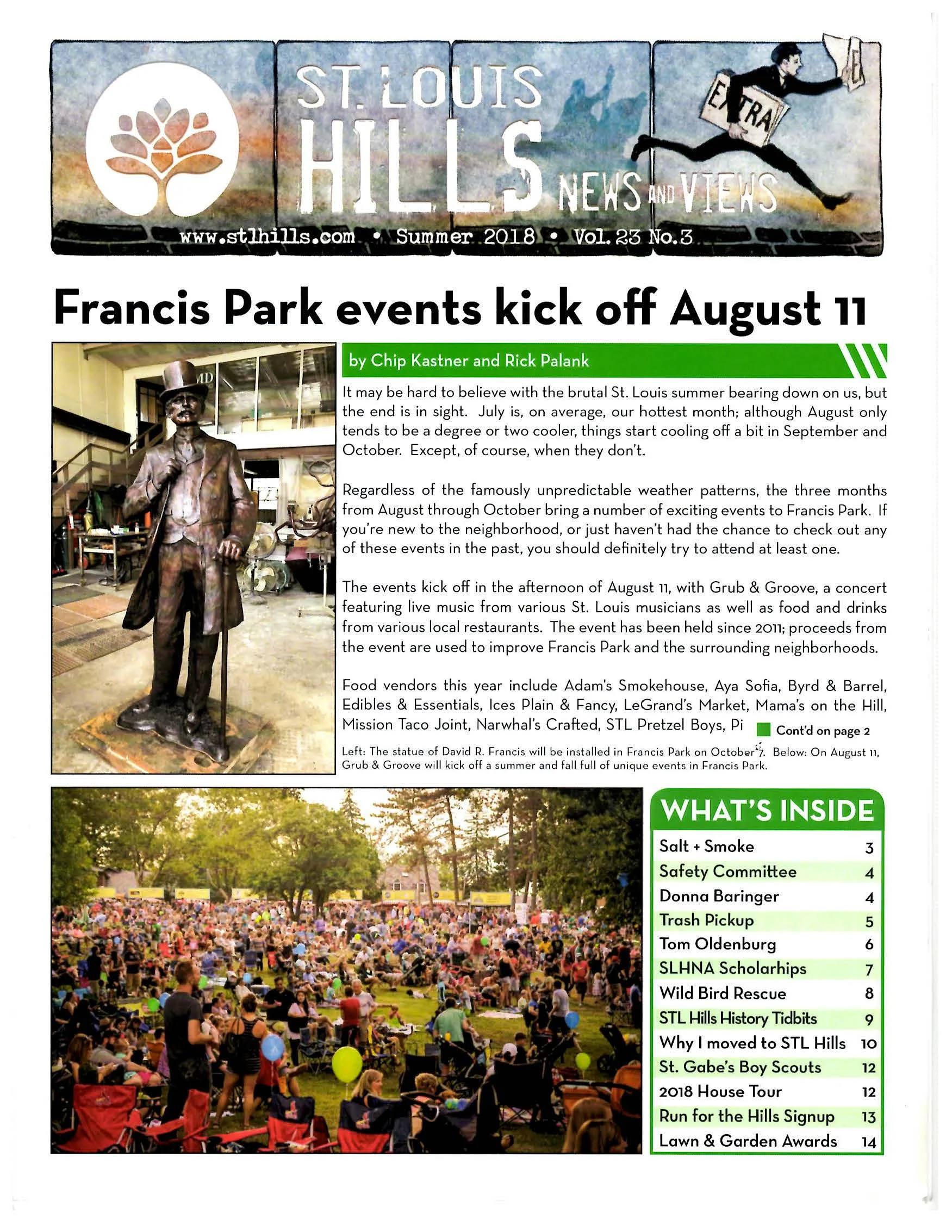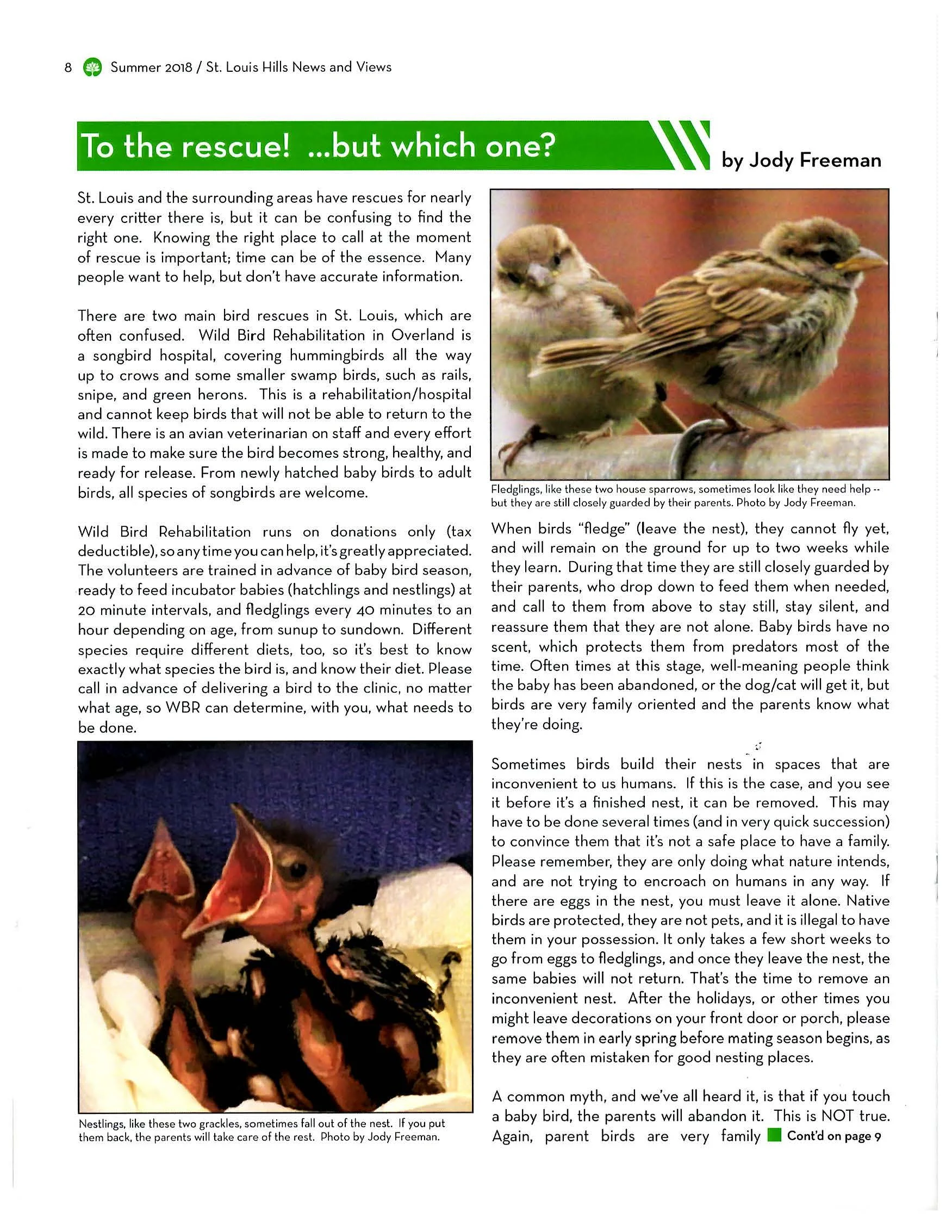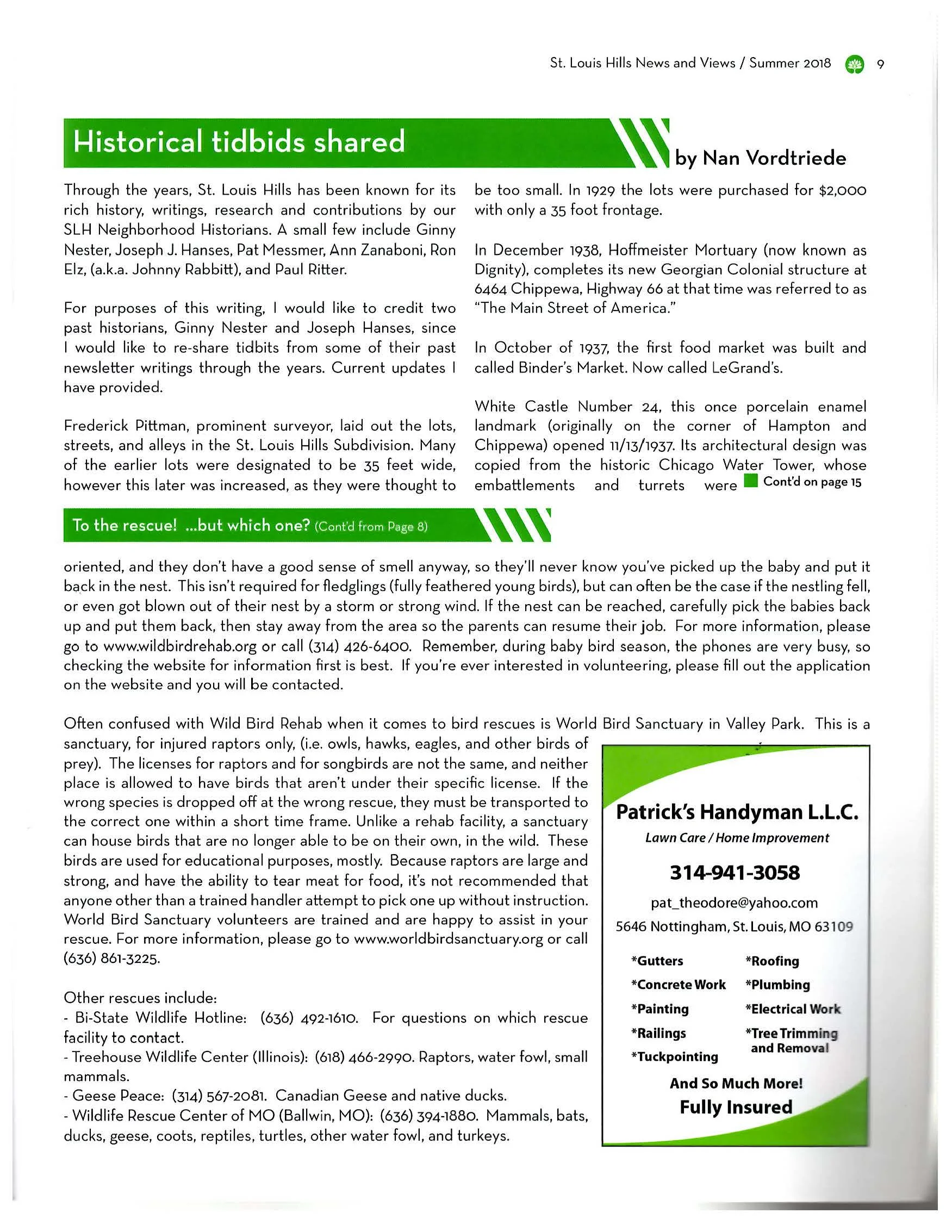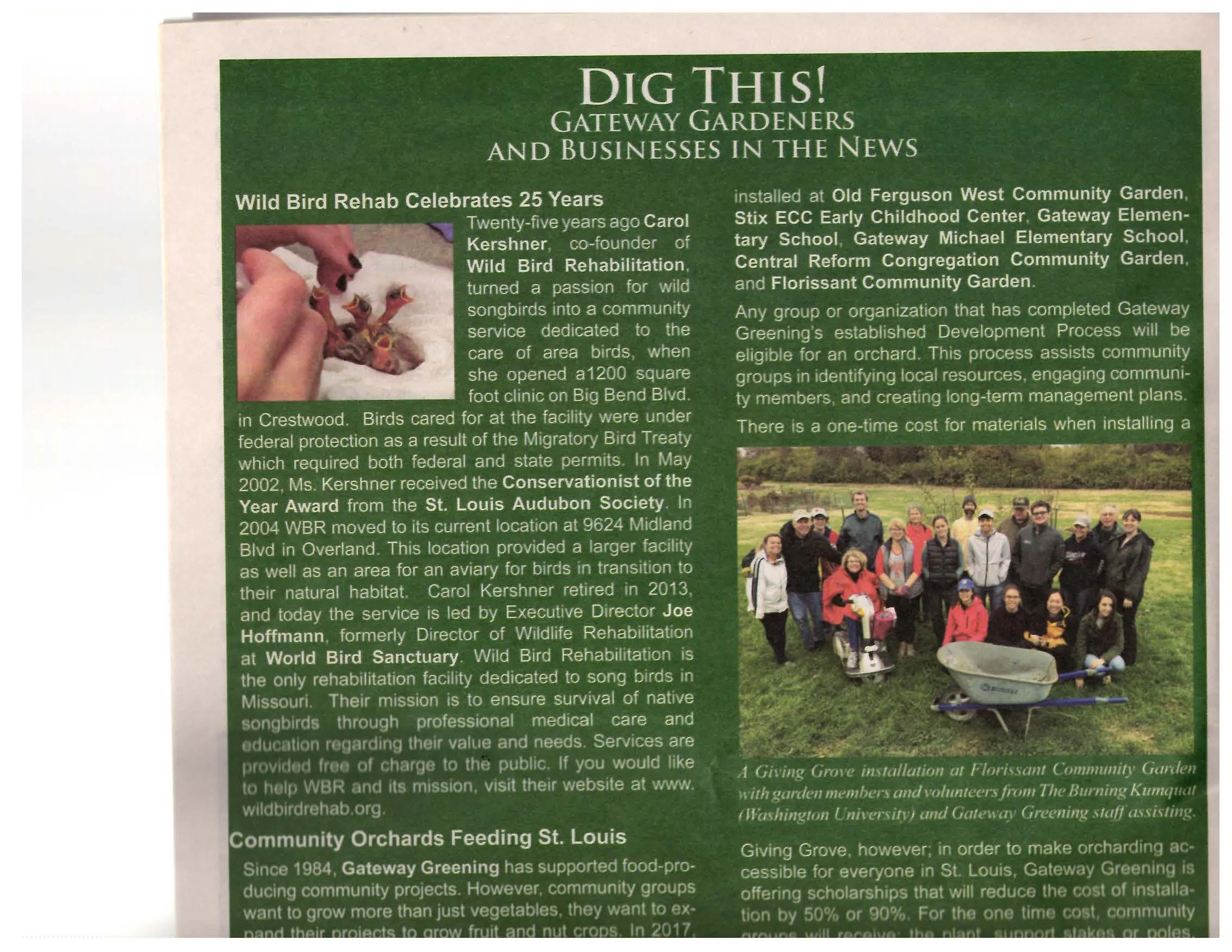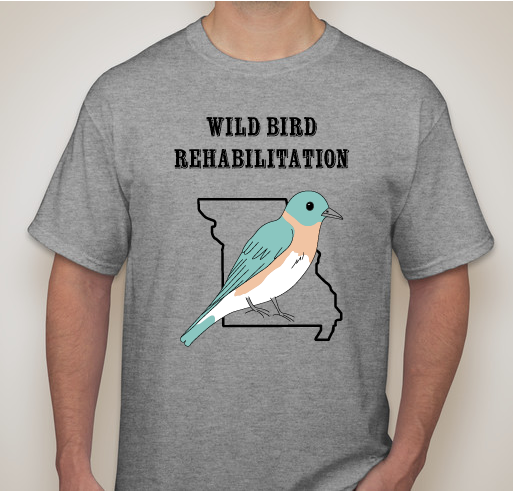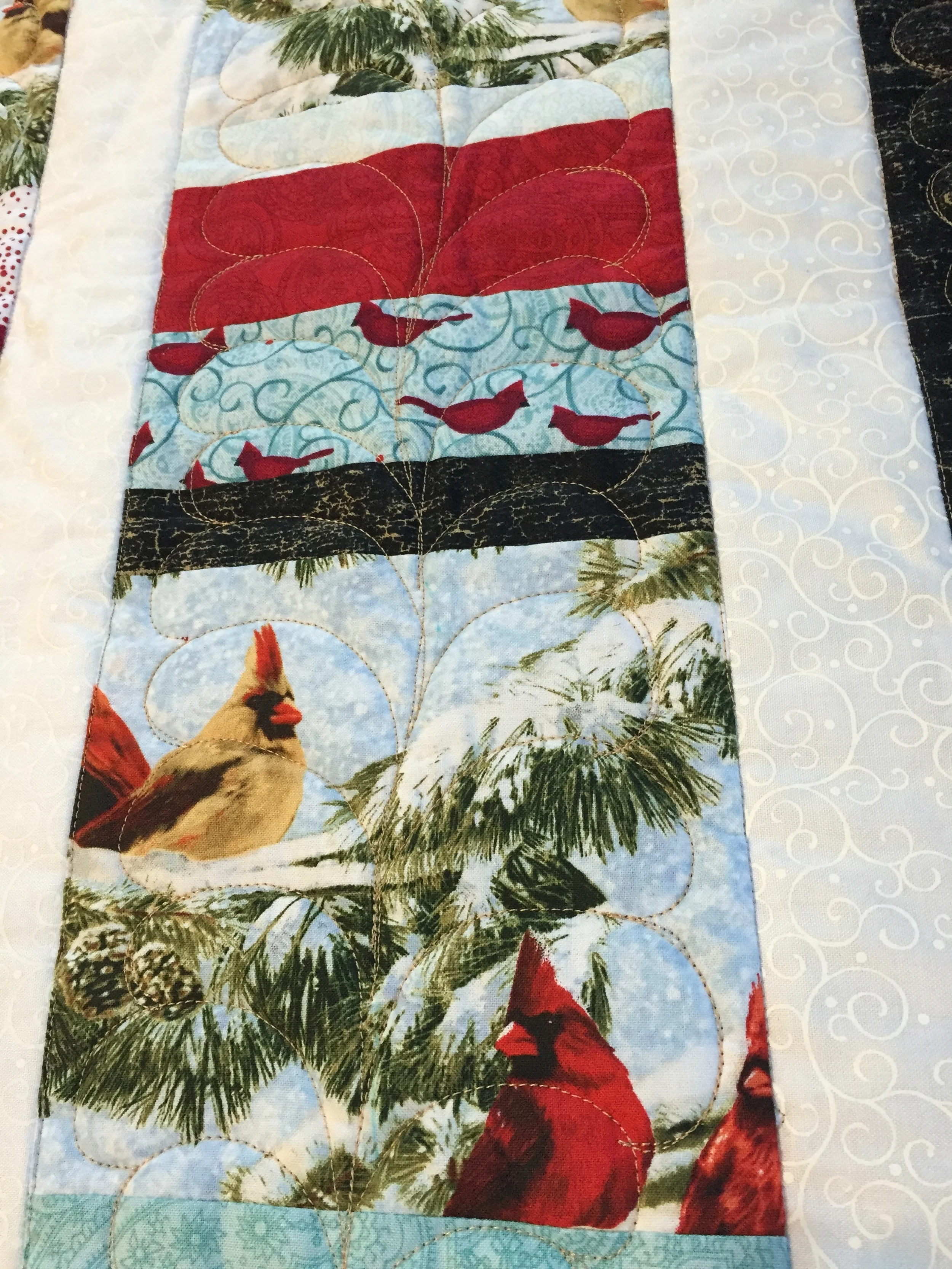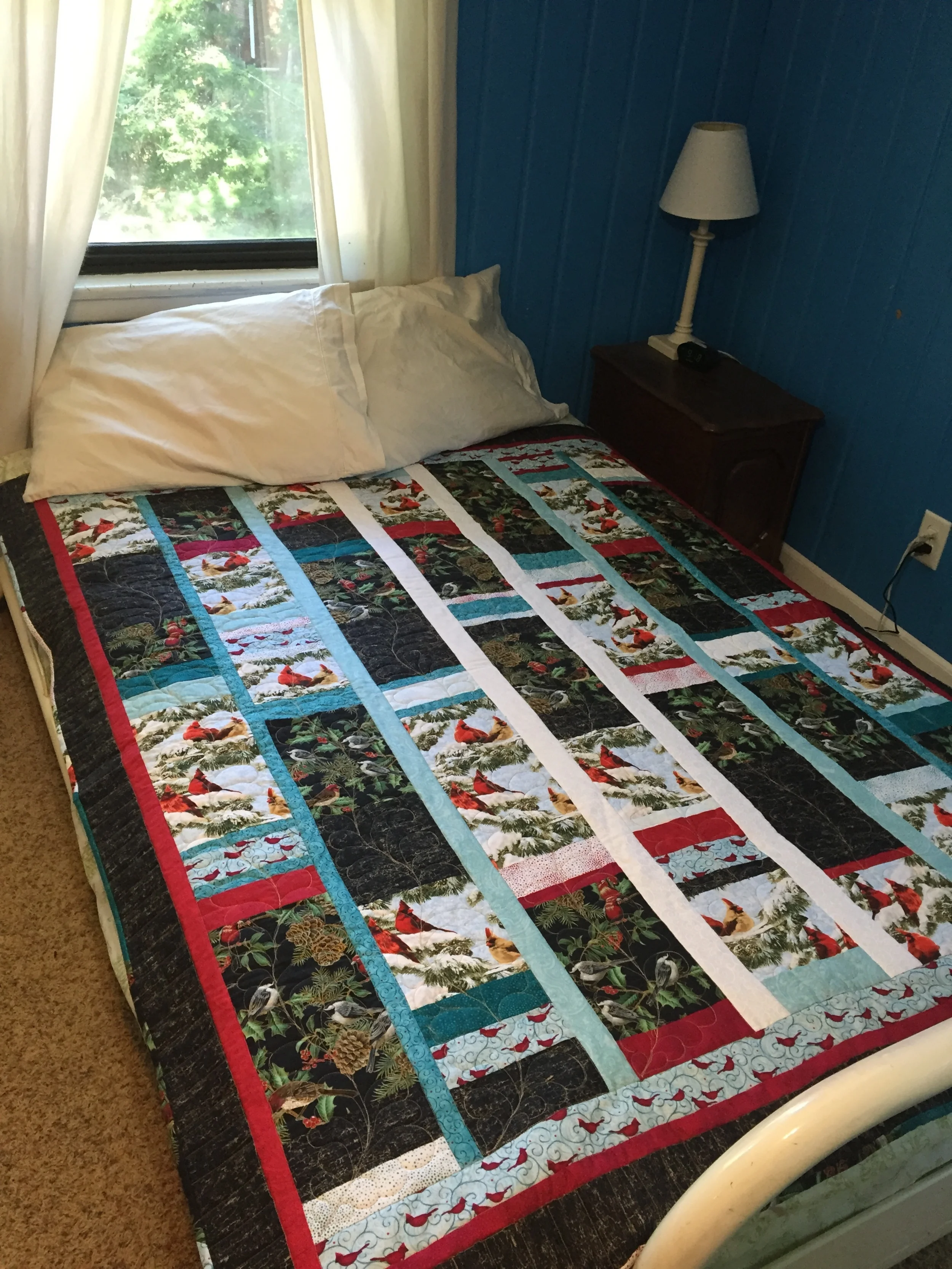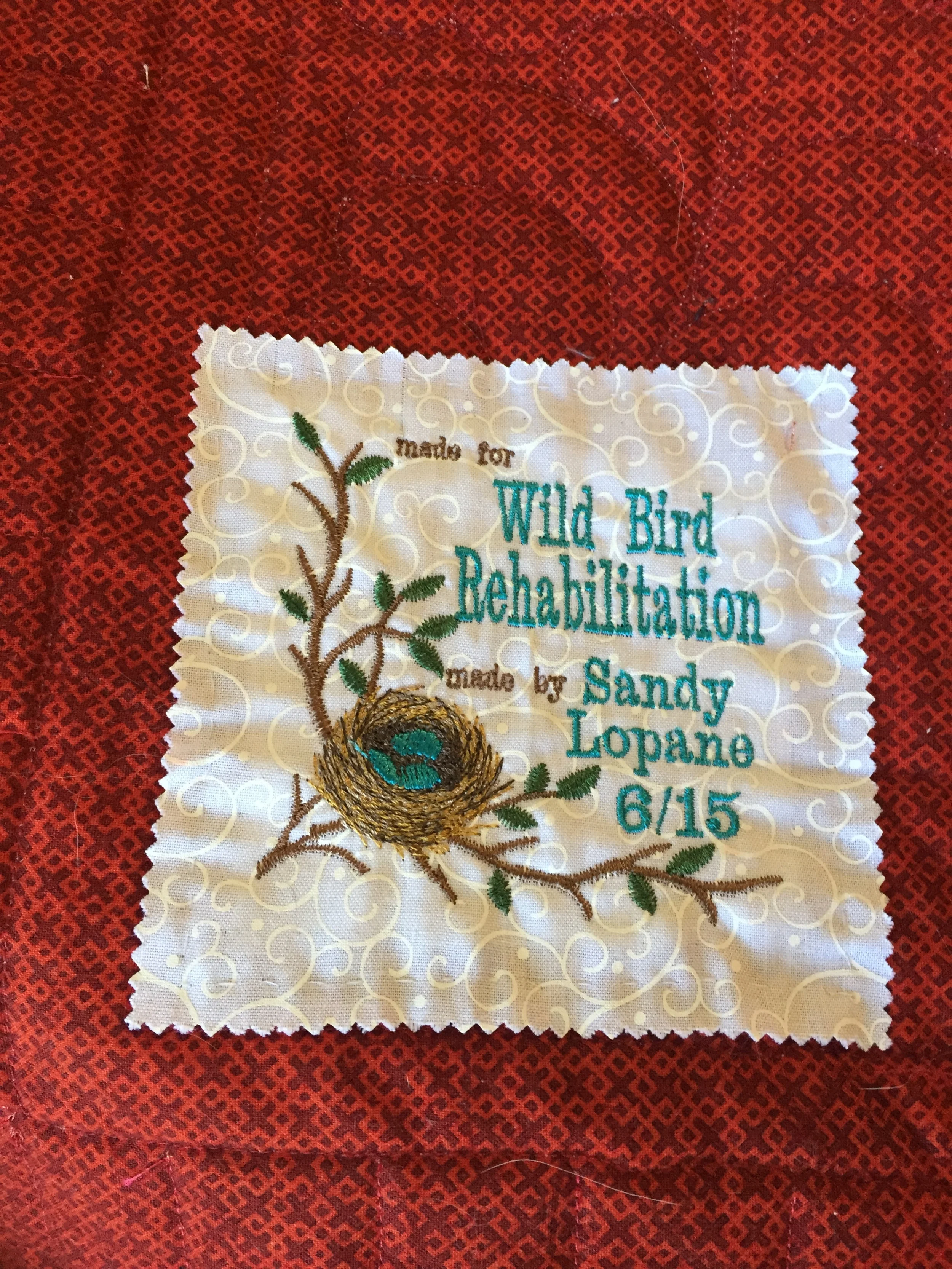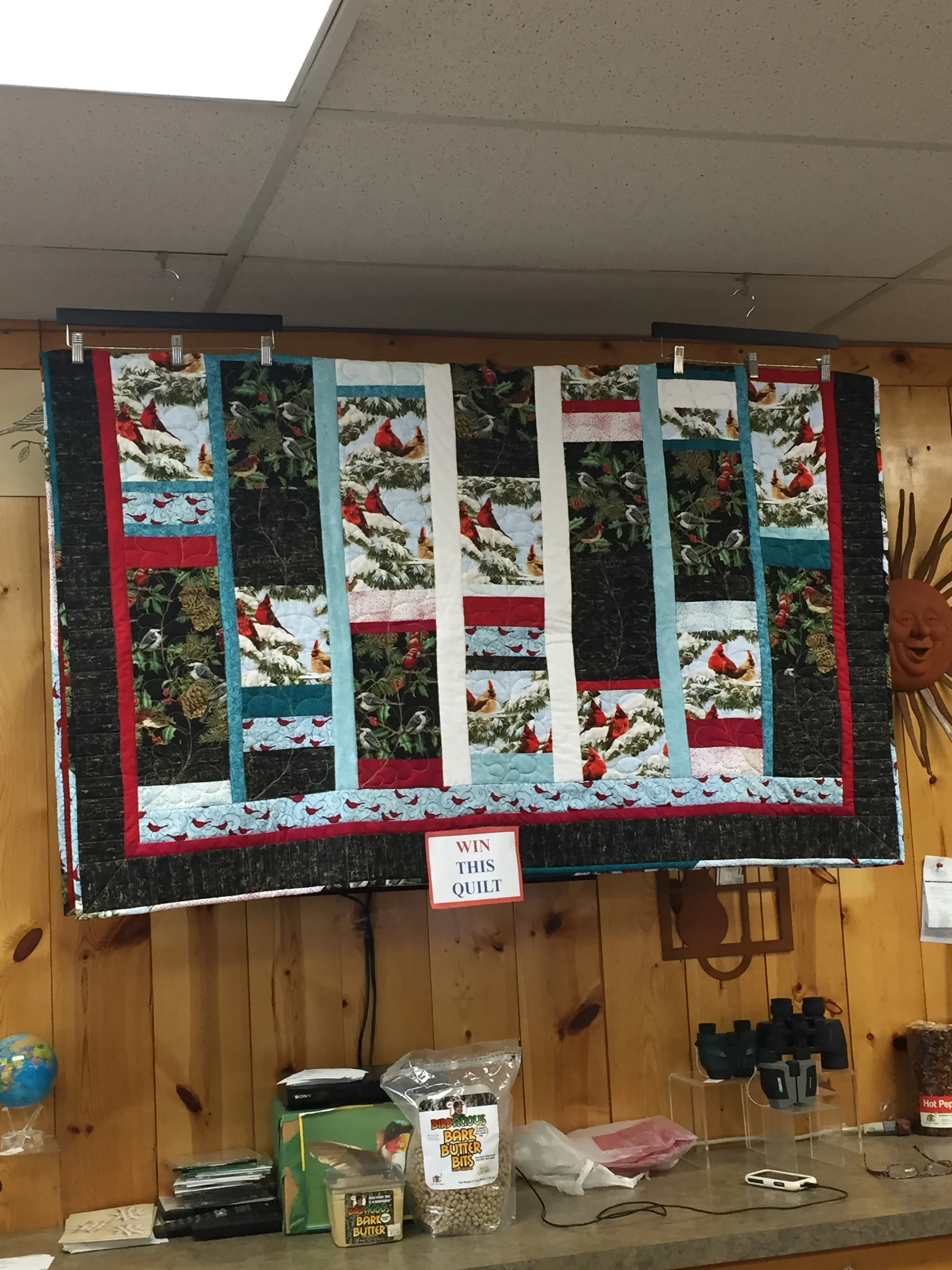In the News!
WBR: In The News
January 16, 2023
For the most recent and timely news, follow us on Facebook at https://www.facebook.com/WILDBIRDSTL.
August 17, 2018
March 01, 2018
Wild Bird Rehabilitation T-shirt Fundraiser
Show your love for birds with a special WBR t-shirt. Net proceeds from every t-shirt go directly to bird care at Wild Bird Rehabilitation which is the only organization in Missouri dedicated to the care of native wild songbirds. When you buy this shirt, you support our mission to care for these birds and release them back into their native habitat.
Purchase your t-shirt here: https://www.customink.com/fundraising/ug-15196795853125281
December 5, 2017
Holiday Wish List
Housekeeping/General Needs
Select-a-size paper towels
Unscented toilet paper
Bleach
Dawn (blue only)
Unscented laundry detergent
13 gallon trash bags
Printer paper
Puppy training pads
Distilled water
Gift cards for Walmart, Petco, Lowes, and Home Depot
Chainsaw and other tools
Pet Store Items
Lafeber finch granules
Science Diet Optimal Care Adult Cat Formula
Tubifex worms (freeze-dried in the fish section)
Bloodworms (frozen fish food)
Mealworms (regular size, not “super worms”)
Wax worms
Earthworms (red wigglers, not nightcrawlers)
Kaytee Exact Handfeeding Formula (in the bird section)
Full spectrum light bulbs (in the reptile section)
Spray millet
Nut & fruit mix
Peanuts- in and out of shells
Sunflower- seeds and chips
Bird mirrors
Thistle
Puppy training pads
Veterinary and Drug Store Items
Benebac powder
Syringes (1, 3, 10, and 20cc)
Gavage tubing #12
Needles (25, 27, and 8-30ga)
Bag balm
Granvlex spray
Scissors
Hemostats
Tweezers
DMSO
Tribessen (Bactrim) (susp.)
Opthalmic ointment
Vet wrap (3 x 2”)/ hurt free wrap/ coflex
Gauze wrap (3 x 2”)
Gauze pads (4 x 4)
Gauze pads (2 x 2)
Tape
Tagaderin
Non Contact thermometer
Heating pads
Soothing eye wash
Band Aid secure flex wrap
Dr. Teals epsom salt
Command strips
KY jelly
Tongue depressors
Baytril (inj.)
Dexamethasone
Sodium chloride
Liquid stitch/new skin
First aid kit
Pain free wrap rolls
A&D ointment
Quick stop
May 23, 2017
Donation Items Needed for our Biggest Fundraiser of the Year
We’re looking for donations of products, services and gift certificates for our upcoming Trivia Night & Silent Auction -- Saturday, November 11 at Kirkwood Community Center. This fundraiser helps us care for native wild birds throughout the year.
We've had great auction items in the past, and we need your help to keep them unique and exciting this year. Even a box of nice but unrelated items is welcome – we can add them to other donations to create a fun gift basket.
Here are some ideas to get you started. This is just a sample – your creative ideas are welcome.
Gift certificates to local restaurants, stores and salons. (Feel free to ask your favorite places on our behalf.)
Sports, music and St Louis-themed memorabilia
Tickets to sports and entertainment events (to be held after November 11)
Fun kitchen items
Spa items – soap, lotion, etc.
Bird or nature-themed arts and handmade crafts
Food, tea, coffee, wine, beer or liquor
Jewelry and accessories
You may donate online, email wildbirdrehabilitation@gmail.com or call 314-426-6400. Your donation is tax deductible.
Want to help in a big way? Become a Corporate Sponsor. You'll help support songbirds while reaching an audience of passionate nature lovers, philanthropists and decision-makers from the St. Louis metro area.
April 17, 2016
Dine out for Birds to help Wild Bird Rehabilitation
Video source: http://via.fox2now.com/XYDfK
ST. LOUIS, MO (KTVI)-It is the mission of Wild Bird Rehabilitation to care for injured, ill, and orphaned native wild songbirds and to release them back into their natural habitat. Last year, the organization cared for more than 1800 birds representing over 100 different native bird species. St. Louis city, county and state animal agencies as well as many veterinarians and other animal welfare organizations all call Wild Bird Rehabilitation when they need assistance.
Do you know what to do if you find an injured bird? Click here for information.
Wild Bird Rehabilitation is a non-profit that receives no federal or state funding and is staffed primarily by volunteers who simply want to help area birds. They are hosting their Dine Out For Birds fundraiser on Thursday, April 21, 2016, from 6:00pm to 9:00pm, at The Purple Martin. Enjoy delicious food and creative cocktails while supporting the birds. There will also be a collection drive for items that will help the rehab hospital stay clear, like bleach, toilet paper, paper towels, and hand soap.
March 20, 2016
At-Risk Bird Species Vulnerable to Window Collisions
You may be aware of this staggering statistic: as many as one billion birds die each year to window collisions. A reported 255 bird species succumb to window strikes, and an alarming number are designated as National Birds of Conservation Concern, including the Golden-winged Warbler, Painted Bunting, Canada Warbler, Wood Thrush, Kentucky Warbler and Worm-eating Warbler. Migrant birds are especially vulnerable to window strikes for many reasons. Neotropical birds fly at night during spring and fall migration, navigating around buildings and obstacles in unfamiliar territory, and are attracted to bright lights. The birds either immediately hit these structures or become entrapped before dying of exhaustion or ultimately flying into illuminated windows.
The Bird’s-Eye View
Though tall buildings are responsible for window strike mortalities, several studies conducted on building and window strikes prove that more birds die from flying into houses and other low-rise structures than high rise buildings. What qualities do these structures possess that attract these birds in the first place? Birds don’t see glass, and unlike people, they don’t pick up on cues like window frames and walls that tell them there’s glass in place. Instead, birds see the reflection of what is behind them, and when they are looking for an escape route, or just a place to perch, they fly towards the glass. Building orientation, weather, time of day, time of year and indoor light levels are among the factors that influence how birds perceive glass. Yards with feeders, fruiting trees, water, nesting areas and perching sites tend to attract larger numbers of birds, setting the stage for more window collisions. Here at Wild Bird Rehabilitation, we had 104 window strike admissions in 2014. Of those birds, 63 died and 41 were released. In 2015, we admitted 147 window strikes; 108 died and 39 were released. In the last two years, some of the migrants we admitted were Hermit Thrush, Swainson’s Thrush, Magnolia Warbler, Nashville Warbler and Tennessee Warbler. Both years, the top five birds admitted to Wild Bird Rehabilitation for window strikes were House Sparrow, Mourning Dove, Northern Cardinal, Red-bellied Woodpecker and Ruby-throated Hummingbird.
Giving Birds a Heads-Up
There are actions you can take to decrease the likelihood of a window strike. Place feeders less than one foot away from windows; this distance limits a bird’s flight momentum and decreases its chances of death if it does fly into a window. Place decals, tape or hanging strips using the 2x4 rule: vertical rows should be 4” apart and horizontal rows 2” apart. Marking the window (using the 2x4 rule) with a yellow highlighter has been shown to have some success, but needs to be reapplied frequently. Birds have many challenges in a rapidly changing urban landscape, and with some effort, we can make their lives a little easier. Placing decals on windows and moving bird feeders may not seem like much, but it could be the difference between life and death for a flying bird.
February 25, 2016
Help keep Native Baby Songbirds Warm this Spring!
Wild Bird Rehabilitation is in desperate need of a new neonatal incubator before the beginning of the spring season. The hatchlings who are rescued are relying on us to keep them from dying of hypothermia. A neonatal incubator is the best way to accomplish this!
To fulfill this need we have established a GOFUNDME page: www.gofundme.com/wildbirdrehab. Your donations will help these baby birds who have a difficult road ahead as we prepare them for their return to their native environment. Please help!
Wild Bird Rehabilitation is a 501(c)(3) nonprofit organization based in Overland, Missouri and serving communities throughout the state. Last year we cared for over 2000 native wild songbirds. We receive no federal or state funding and are supported entirely by donations from individuals, corporations and fundraisers. WBR is staffed primarily by volunteers who donate their time to help area birds.
January 1st, 2016
2016 WBR Policy on Starlings
Starling nestlings -- notice the distinctive large orange mouth.
Wild Bird Rehabilitation has very limited space, and during the spring and summer months we are at capacity. Since WBR is licensed to care for native wild songbirds, these birds are our focus. This requires us to encourage rescuers to pursue home-care when they encounter European Starlings: nonnative, invasive birds found in our area who stress our resources at WBR. Starlings impair the recovery of the small native species because of their loud aggressive calls and must be kept in a separate area – space we don't have due to our small facility size.
The Cornell Institute of Ornithology states the European Starling is considered a “problem” bird since it competes fiercely for nesting cavities, ousting such native birds as bluebirds and various woodpeckers. It sometimes kills the original cavity-holding birds, and often destroys their eggs and young. It is aggressive at feeders, keeping smaller birds away and quickly exhausting birdseed supplies.
Since starlings, pigeons, English House Sparrows and Eurasian Tree Sparrows are non-native and therefore not protected by federal laws, you may care for them at home. Many types of native sparrows are, of course, protected species. Refer to this link (wildbirdrehab.org/sparrows-and-starlings) for information on raising starlings or contact WBR. We encourage rescuers to pursue home-care when they encounter nonnative birds, particularly starlings. Remember, baby birds require feeding every 15-20 minutes; nonnative, invasive birds stress our resources at WBR and will no longer be admitted. Please call WBR to ensure that the bird you found is non-native.
October 23rd, 2015
Wild Bird Rehabilitation is hosting a Trivia Night & Silent Auction
Here are the top 5 reasons you – and your readers – should care.
1. Wild Bird Rehab is the only clinic in the St. Louis area dedicated to the care of wild songbirds. Kind citizens from across the metro area (and beyond) bring us sick, injured and orphaned birds for treatment. We treat more than 1,800 birds annually. Because St. Louis is located on the Mississippi River flyway, we see a huge variety of species.
2. We are truly a grassroots profit. We receive no federal or state funding. We are supported entirely through donations from caring individuals and small businesses. We have no major corporate sponsors of our programs, like some other local wildlife organizations do.
3. We're here for the long-run. We were established in 1993 in Crestwood and were able to move to a larger, improved facility in Overland in 2005.
4. Birds are of vital importance to our ecosystem. They aid in pest control by eating insects, they pollinate flowers and they help control unwanted plants by eating weed seeds. Several species are in decline due to encroachment on their native habitat.
5. We have a wonderful website at www.wildbirdrehab.org with exceptional photos of birds we have treated and released back into the wild. We can provide you with photos to use in any stories you'd like to run.
Contact: Donna Short at 573.257.0019 or wildbirdrehabilitation@gmail.com.
October 5th, 2015
Support WBR by Supporting the St. Louis Blues!
Use the below link and promo code to purchase discounted tickets to St. Louis Blues games! A portion of the proceeds will be donated to WBR. Find more info here!
www.stlouisblues.com/wildbird
Promo code: WILDBIRD
September 12th, 2015
Auction Items and Corporate Sponsors Needed for Trivia Night
Our 7th Annual Trivia Night & Silent Auction is coming up Saturday, November 14 at Kirkwood Community Center. It's our largest community fundraising event of the year and is crucial in helping us care for wild native birds all year. We've had some amazing silent auction items at our annual event, and we need your help to keep the items unique and exciting this year.
Please consider donating a high-quality product, service or gift certificate. Here are some ideas to get you started. This is just a sample – your creative ideas are welcome.
• Vacation getaways
• Sports, music and St Louis-themed memorabilia
• Gift certificates to local restaurants, stores and spas
• Tickets to sports and entertainment events (to be held after November 14)
• Bird or nature-themed arts and handmade crafts
• Gourmet edibles and fine wine, beer or spirits
• Electronics
• Jewelry
Donating is easy: download our donation form or donate online. If you can't think of the perfect item, we can use your cash donation to offset our expenses or purchase a gift basket. Your donation is tax deductible.
Want to help in a BIG way? Become a Corporate Sponsor. You'll help support songbirds while reaching an audience of passionate nature lovers, philanthropists and decision-makers. Learn more about our sponsorship packages.
September 12th, 2015
This Unique Bird Quilt Could Be Yours!
Raffle tickets for this one-of-a-kind, skillfully-crafted work of functional art are ON SALE NOW for $5 each or 5 for $20. Purchase tickets online or at these locations:
· Wild Bird Rehabilitation – 9624 Midland Blvd. in Overland
· Native Traditions Gallery - 310 S. Main St. in St. Charles
· Wild Birds Unlimited, Chesterfield - 1739 Clarkson Rd.
· Wild Birds Unlimited, Florissant - Surrey Plaza 1, 2644 N. Highway 67
Many thanks to Sandy Lopane of Native Traditions Gallery for creating and donating this stunning quilt.
A winner will be drawn Saturday, November 14 at Wild Bird Rehabilitation’s 7th Annual Trivia Night & Silent Auction. Need not be present to win.
August 24th, 2015
Special Performance to Benefit Wild Bird Rehabilitation
Wild Bird Rehabilitation, the only facility in the State of Missouri whose sole mission is the rehabilitation of songbirds, has announced that Jackie Joyner-Kersee, American Olympic Gold medalist from East St. Louis, is an honored guest at the 2015 benefit performance of the Kuchipudi Art Academy of Dance. The event, scheduled for Saturday, September 26, 2015, features the students of the Kuchipudi Art Academy and the Katherine Dunham Children’s workshop and will be held at the Logan College of Chiropractic, 1851 Schoettler Rd, Chesterfield, MO. 63017 beginning at 5pm with hors d’oeuvres. The dance program begins at 6pm followed by an Indian buffet dinner.
Leslie Wainwright, Board Chairman, explained “this type of generosity is critical to WBR since we are totally dependent on the support of our donors to fulfill our mission to care for native wild songbirds in the St. Louis area.”
The Katherine Dunham Children’s Workshop directed by Ruby Streate will begin the program followed by students of East Indian classical dance at the Kuchipudi Art Academy who will perform “Nine Planets” choreographed and directed by ‘Kalaratna’ Sujata Vinjamuri.
Wild Bird Rehabilitation is a 501(c)3 Corporation who has been operating in the St. Louis area since 1993. Their mission is to provide care for injured, ill and orphaned native wild songbirds and to release them back into their natural habitat. They also provide public education regarding the humane treatment of wild songbirds and the conservation of their habitat.
A ticket registration form for this event is available on Wild Bird Rehabilitation’s website in the Events area (www.wildbirdrehab.org/Events) or contact WBR at 314-426-6400 for more information on purchasing tickets. Admission is $25; students and seniors $15. Net proceeds benefit Wild Bird Rehabilitation and Katherine Dunham Children’s Workshop.
May 31st, 2015
Check out this story on USATODAY.com: Cats Kill Up To 3.7B Birds Annually
Cats that live in the wild or indoor pets allowed to roam outdoors kill from 1.4 billion to as many as 3.7 billion birds in the continental U.S. each year, says a new study that escalates a decades-old debate over the feline threat to native animals.
View this brochure from the American Bird Conservancy to learn more about keeping pets and birds safe.
2015 WBR Policy on Starlings
Starlings are a non-native bird species that has spread throughout North America in great numbers. Brought to the US in 1890, sixty were released in New York City - now there are over 200 million. This quote from the Missouri Dept. of Conservation describes one aspect of their negative impact:
“These unwelcome immigrants are the neighborhood bullies of the bird community. Starlings nest in holes or cavities like woodpeckers, bluebirds and many of our other native birds. A woodpecker may spend hours pecking a hole only to be evicted by a gang of starling[s].”
Since tree cavities are a popular place of residence for starlings, this issue represents probably their greatest threat to native wildlife. Desirable cavity nesters, often deprived by starlings of prime nesting spots, are bluebirds, woodpeckers, tree swallows, chickadees and wrens. There are now more than 200 million starlings in North America and their abundance may well have a direct relationship to the declining numbers of native song birds. Therefore caring for them is in conflict with our mission to care for native wild songbirds and to educate regarding preservation of their habitat.
Starlings, pigeons and English House sparrows are non-native and therefore not protected by federal laws. You may, therefore, raise baby starlings on your own; we will supply you with the information and equipment you would need.
This year we will continue to accept baby starlings as long as their numbers do not interfere with our ability to care for native birds. As of 2016 we will no longer accept them but we will inform you about the option of raising them on your own. This photo shows starling nestlings which are easily recognizable by their large yellow mouth. For more information regarding starlings see http://mdc.mo.gov/discover-nature/field-guide/european-starling.
May 1st, 2015
Bring Conservation Home at WBR
St. Louis Audubon “Bring Conservation Home” volunteers are working to enhance the landscape at WBR to provide a native habitat for birds and butterflies and greenery needed by the center to provide a natural habitat for the patients.
Contact Bring Conservation Home about suggestions for your specific front yard/back yard situation and to see how you can increase biodiversity by establishing a native habitat for birds, butterflies and your own enjoyment.
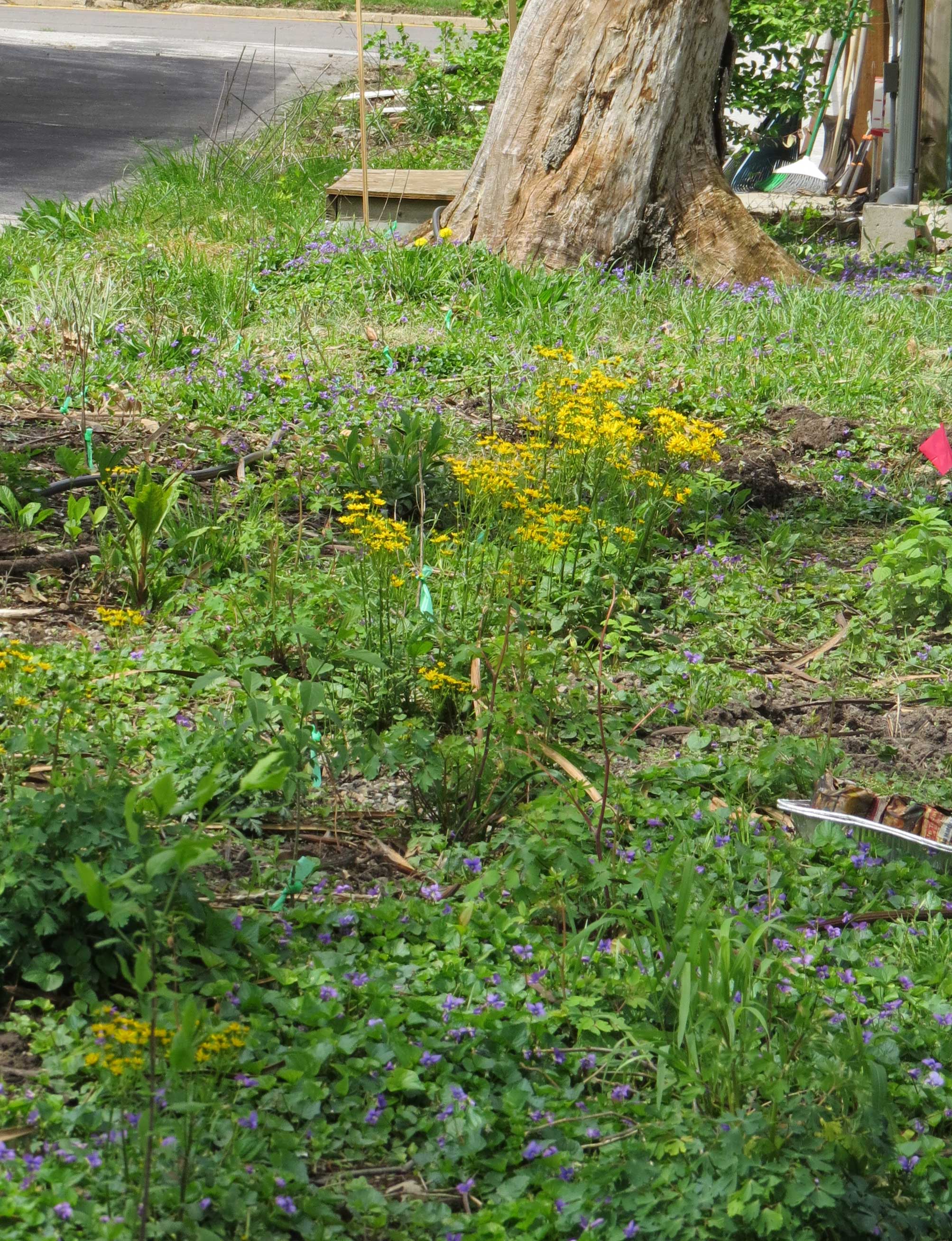
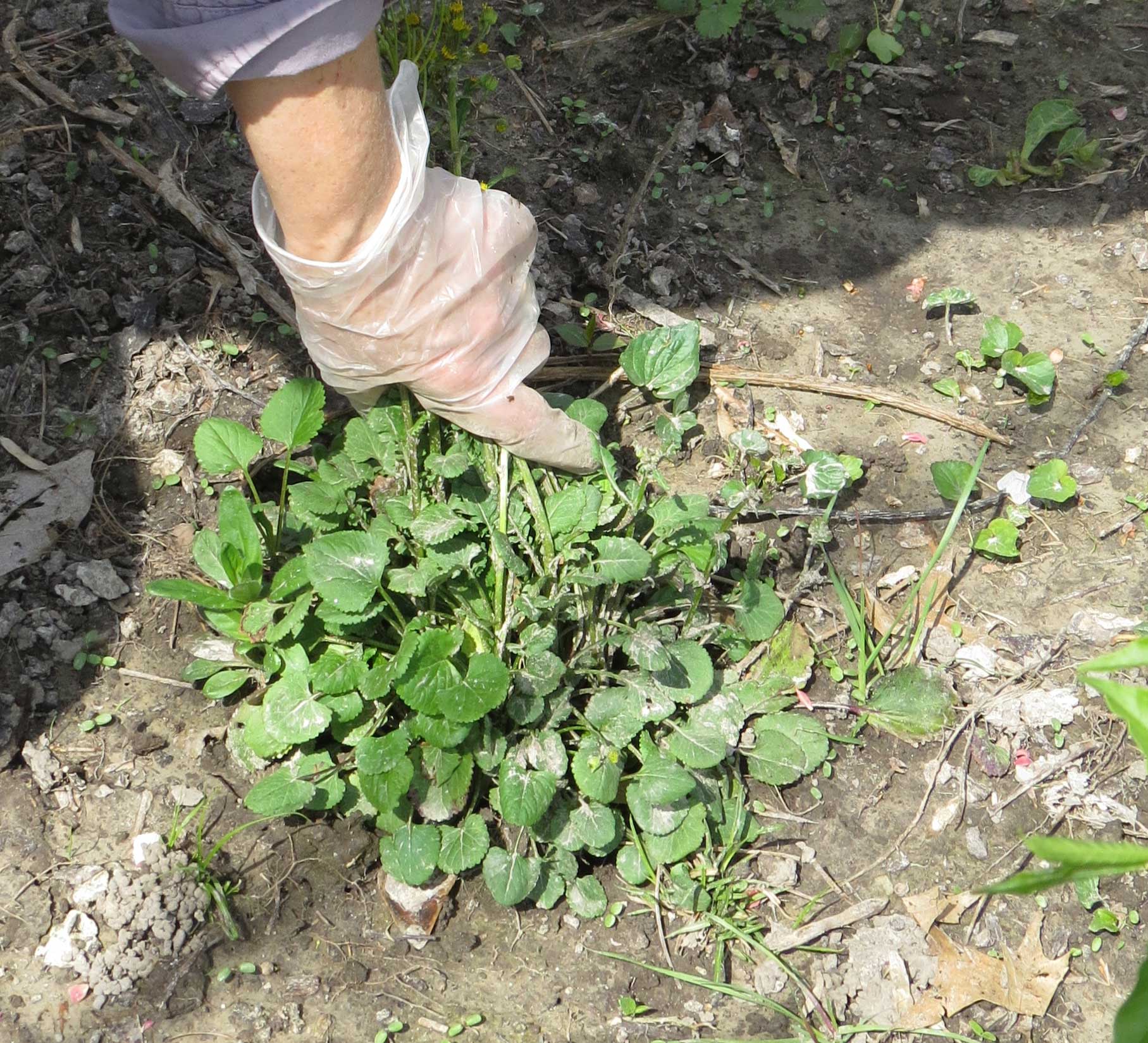
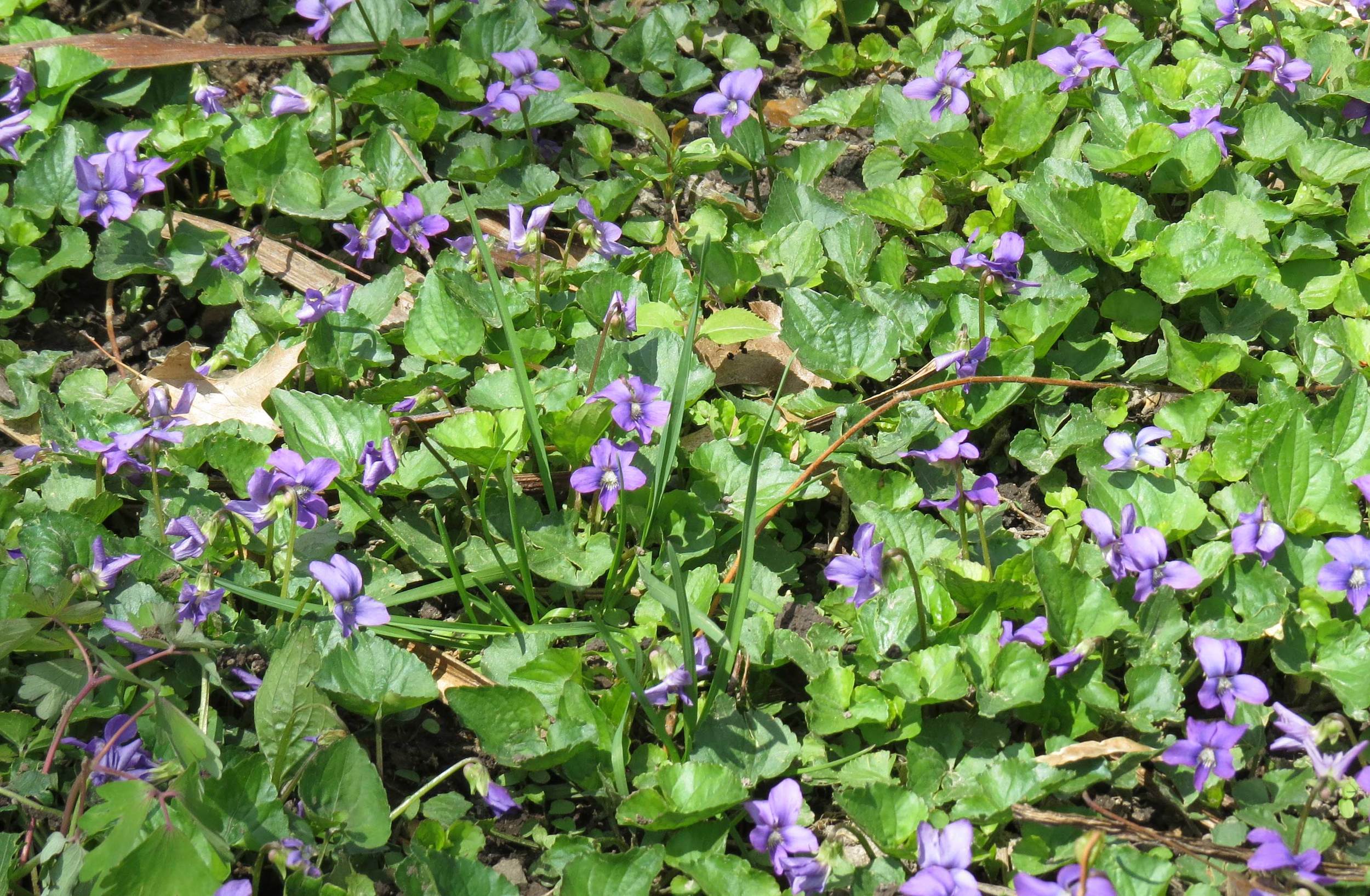
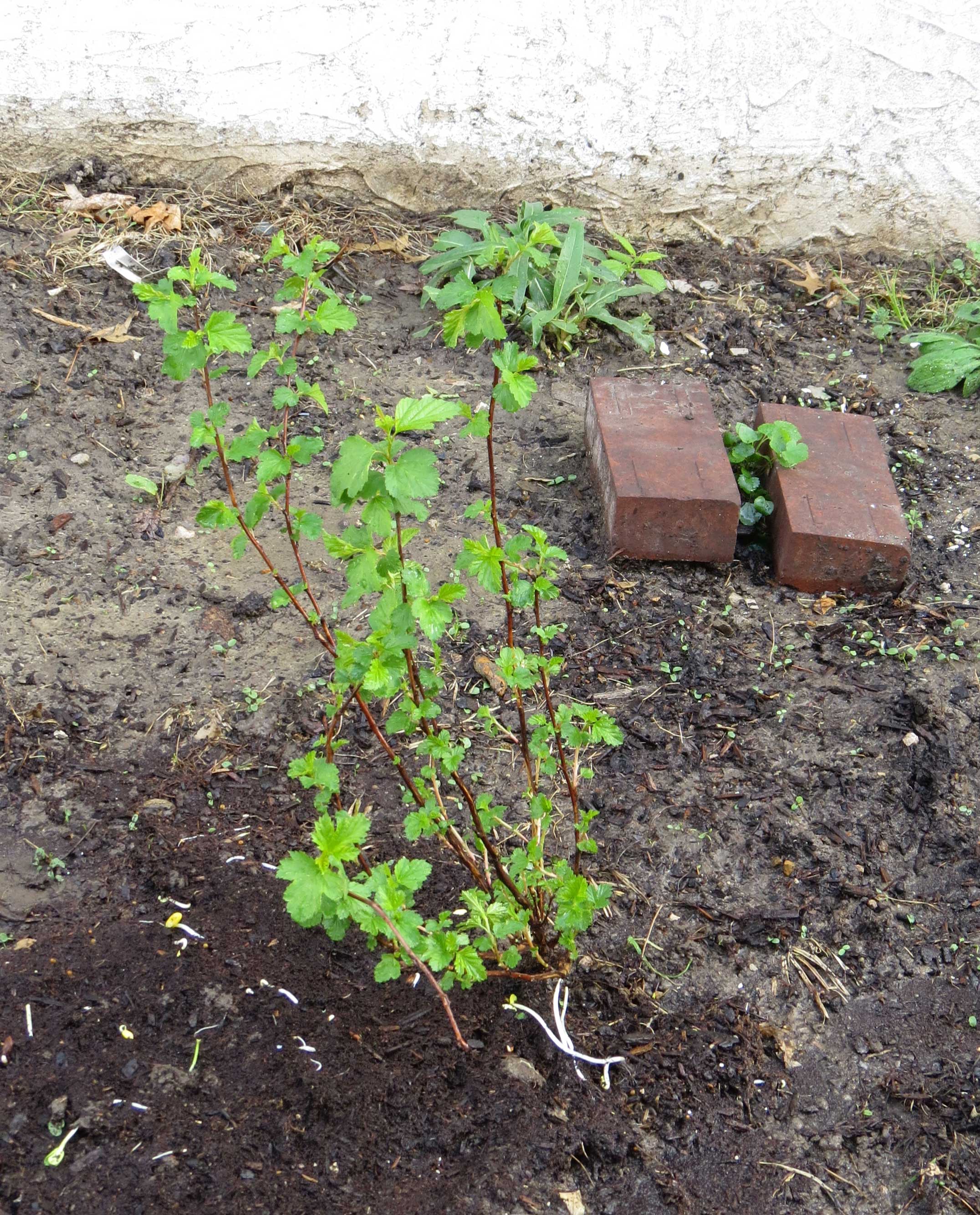
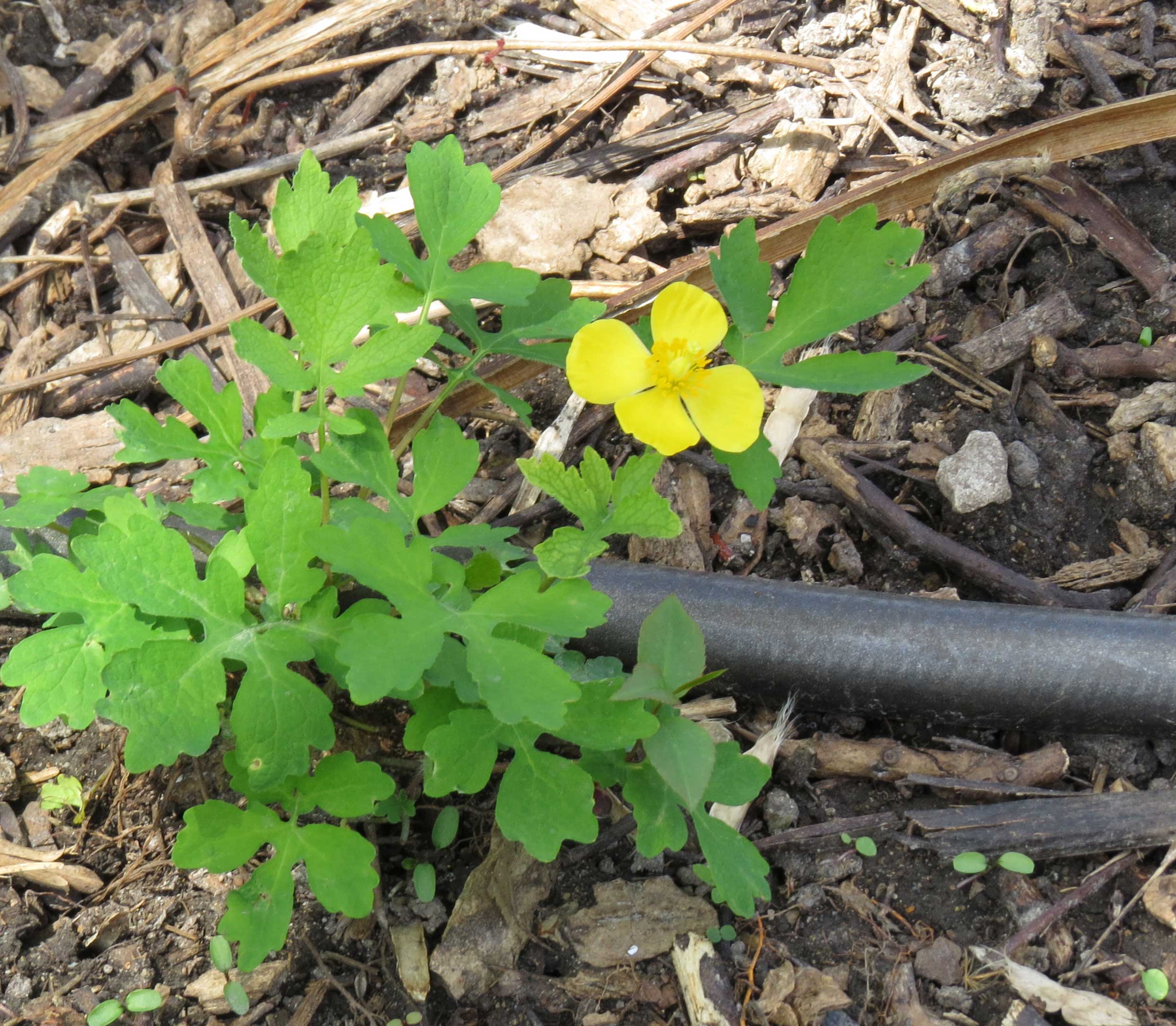
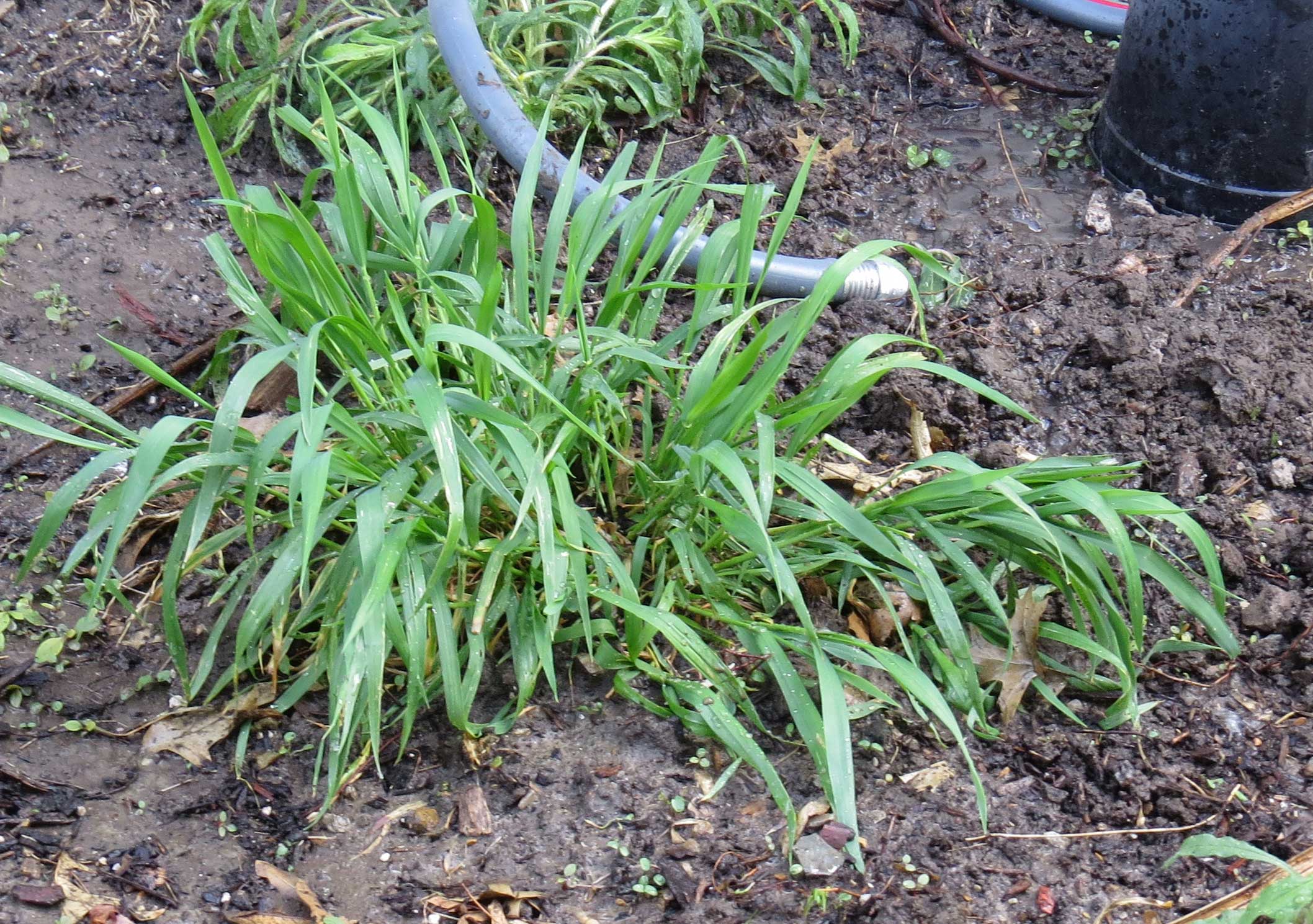
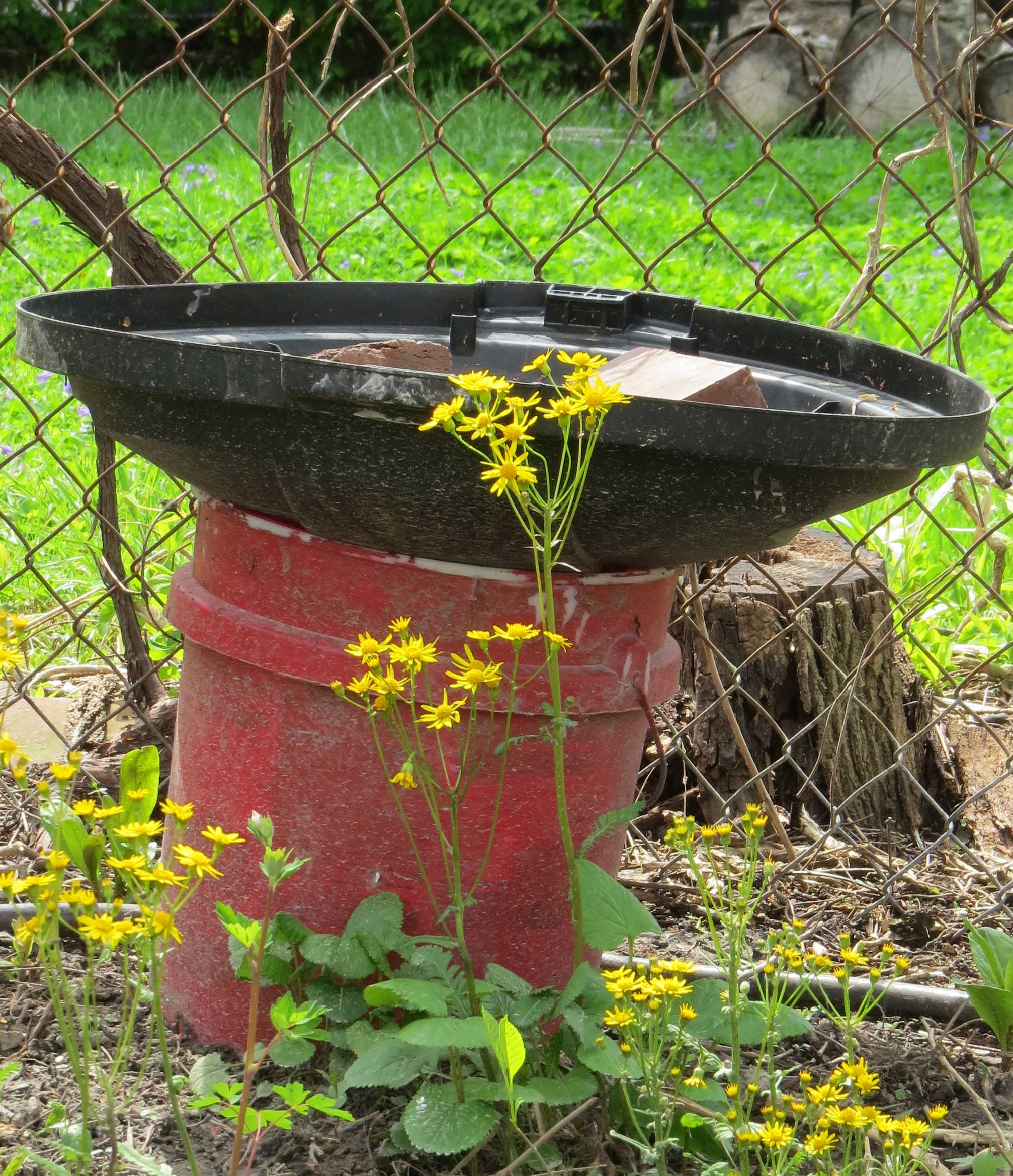
Meet the first spring baby arrival to Wild Bird Rehabilitation - a sweet little house finch.
Posted by Wild Bird Rehabilitation on Wednesday, April 22, 2015
March, 2015: Update on Avian Influenza
Wild Bird Rehabilitation recently received information from the Missouri Department of Conservation that avian influenza (H5N2) was confirmed in two domestic turkey flocks in Missouri. There is no reason for alarm, no human cases have been detected in the United States, Canada or internationally and there are no food safety concerns. The Missouri Department of Conservation is primarily identifying its level of preparedness and urging the public to report dead birds or signs of sickness in birds. For more detailed information consult this website: http://agriculture.mo.gov/avian-influenza.php
